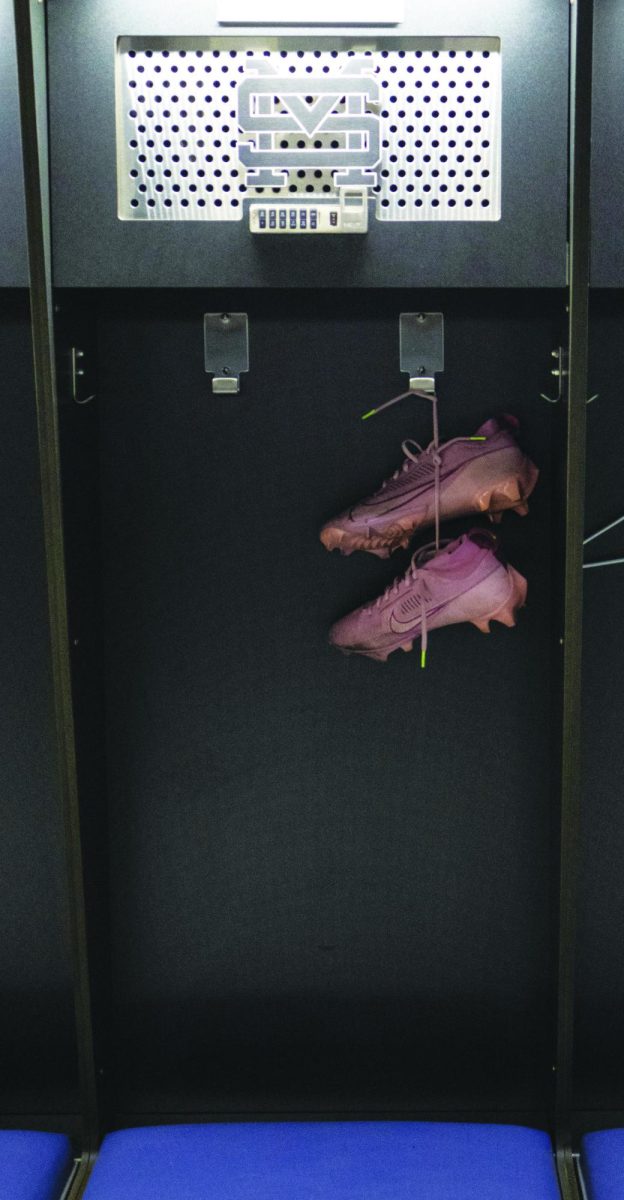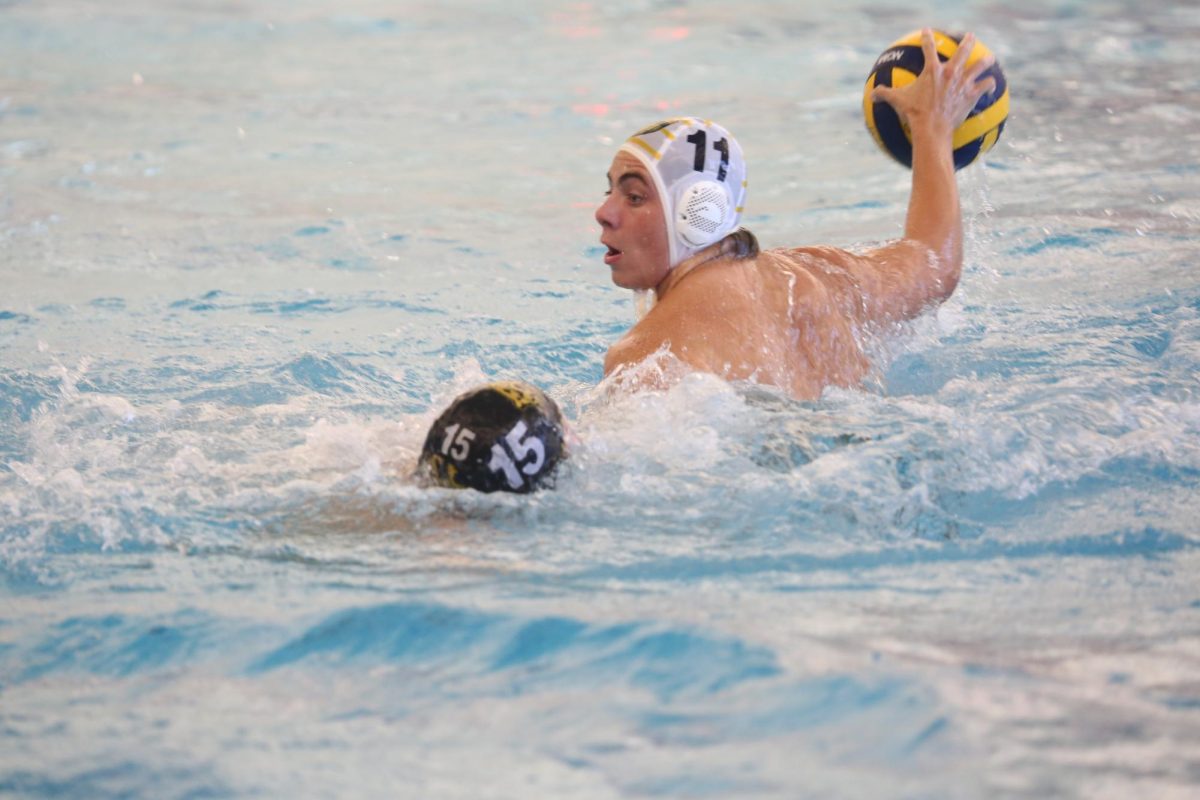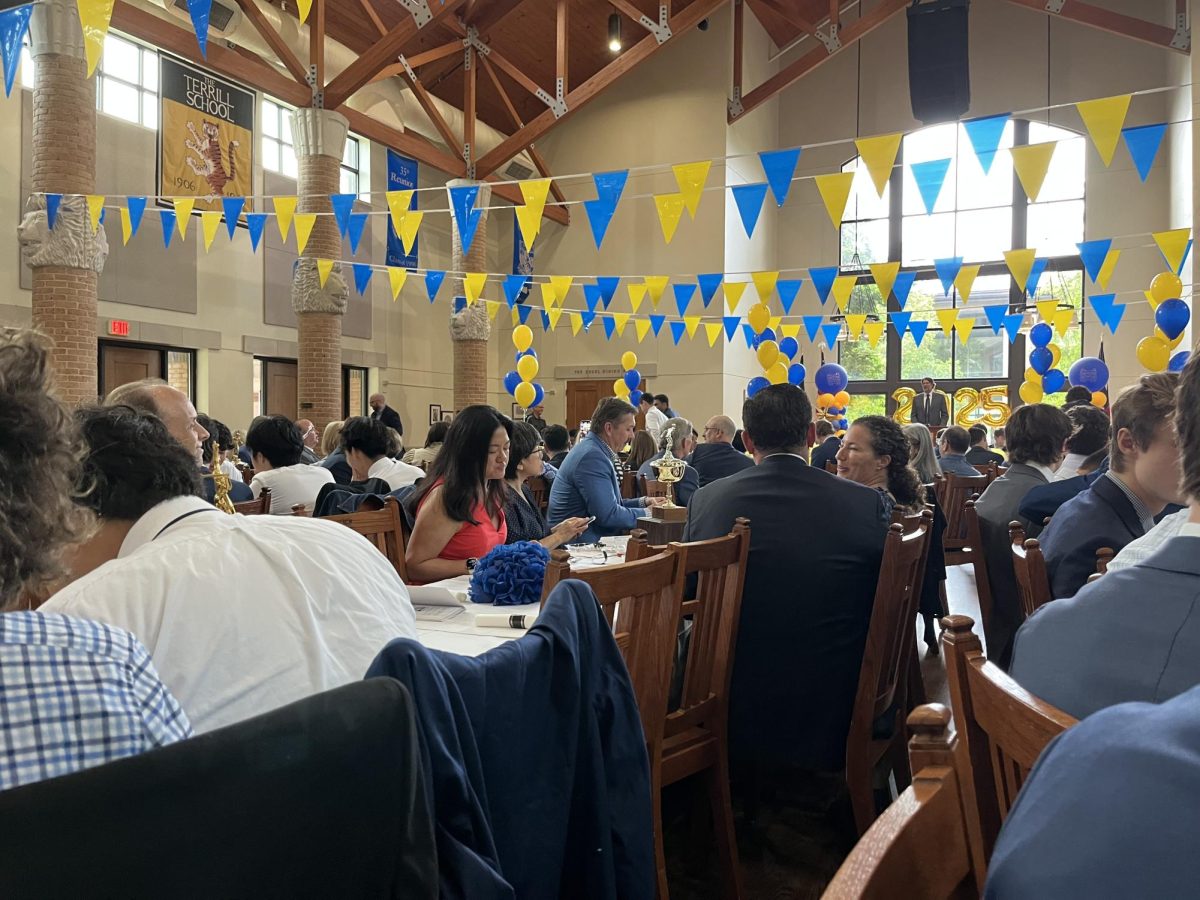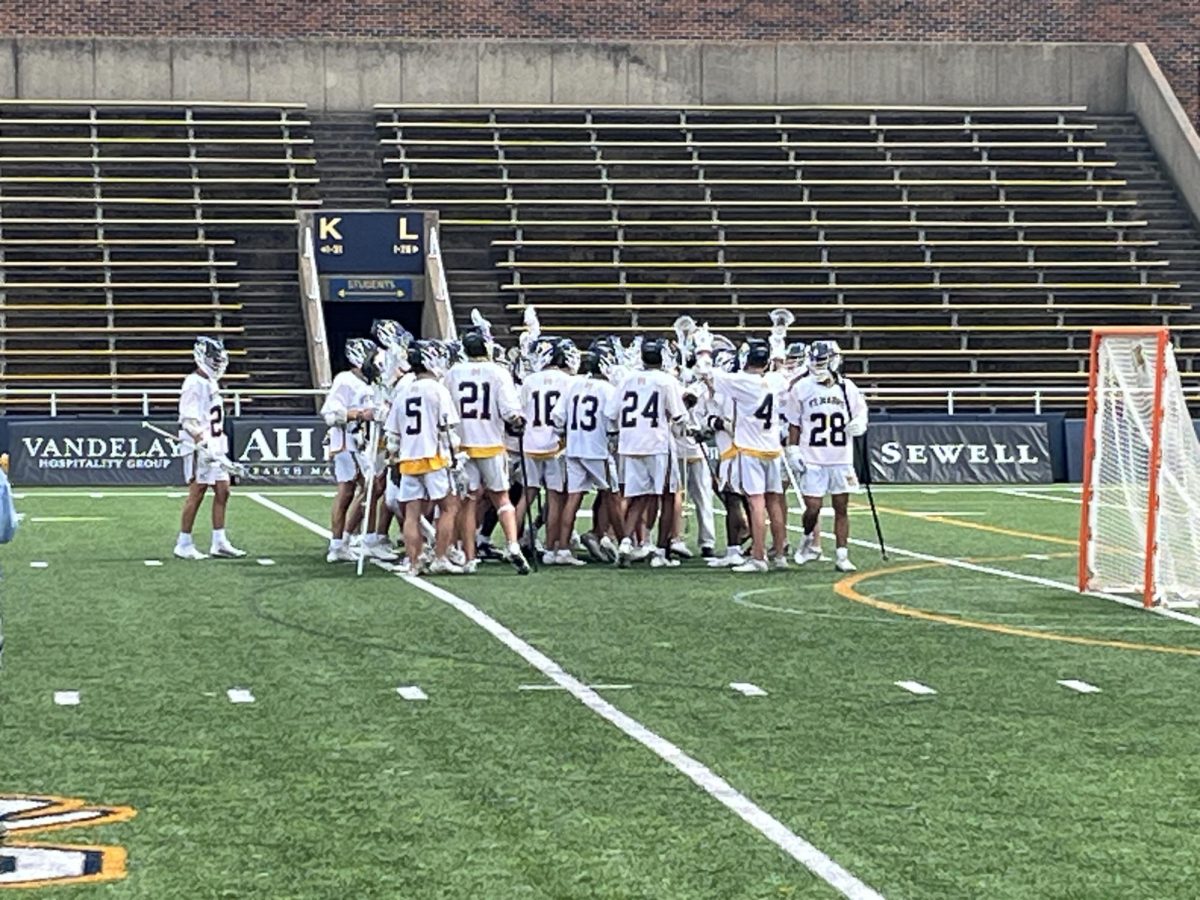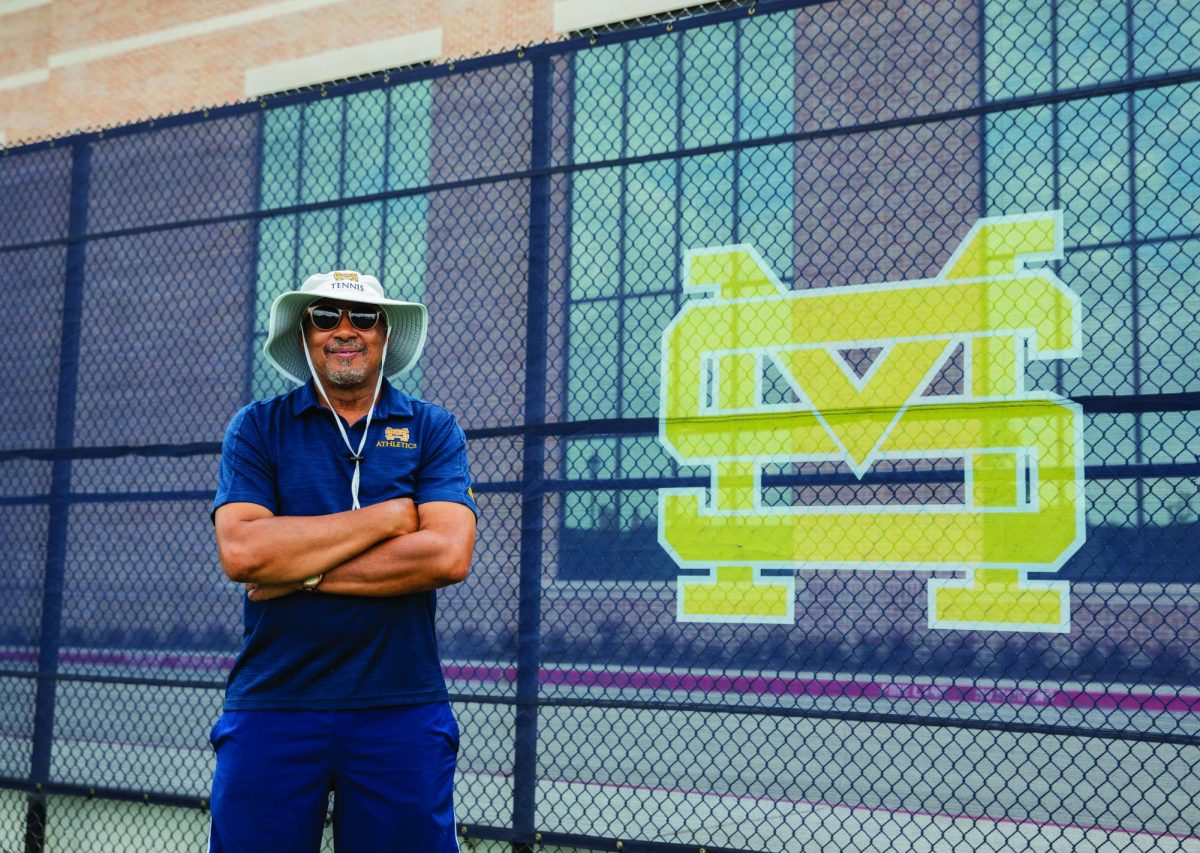High school athletes dedicate significant hours of their weeks to practicing and building themselves up for peak performance. Despite having academics, these students go above and beyond to allocate their time in an effective manner, turning their life into the ultimate balancing act.
But, at some point, that act has to end. A miniscule percentage of high school athletes go on to play a sport in college, and an even smaller percentage of that group goes on to the professional level. Eventually, other things – jobs, families, or other responsibilities – take precedence over competitive athletics.
It’s not easy to give up such a major part of life, but some high school athletes are faced with that decision. Some choose to continue their sport in college; however, some choose not to.
For senior Jack Frary, sports have been a major part of his time in high school, being on both the football and baseball teams. But, baseball holds a special place in his heart.
“I’ve been playing baseball for as long as I can remember, probably since I was 3 or 4 with T ball,” Frary said.
Throughout high school, Frary had trained with one goal in mind: to get recruited to play in college. So, Frary set up a training regiment geared towards rapid improvement, with college scholarship offers in mind.
“Starting the summer after my freshman year, I really haven’t gone more than just a couple days without working towards my goal of getting recruited in college. I had a routine of throwing, hitting, lifting that was pretty much every day of the week,” Frary said.
To Frary, baseball and the process of trying to achieve his goal became a part of who he was. But as the time for recruitment rolled around, Frary’s ultimate goal fell through. Changes in NCAA roster rules in 2025 led to reduced scholarships across many sports this past year. Thus, many of the spots in the top baseball programs were filled quickly. Frary, stuck in this recruitment mess, eventually ended up not committing anywhere for baseball.
“I did look into some Division III schools, but it really just didn’t feel like it would be the same level as playing Division I athletics that I had aspired for, and I wasn’t super sure that I would really enjoy the Division III lifestyle as much as getting the choice of where I wanted to go to college based off academics,” Frary said.
So, after getting into Vanderbilt, Frary decided to not continue his baseball career at the collegiate level, though still open to acting as a walk-on on Vanderbilt’s team.
Frary, however, isn’t the only member of the community who has made this decision. Middle School math teacher Lauren Logan played volleyball at a very high level during her high school career, but she also decided to not play at the collegiate level (though for different reasons).
For Logan, the decision came down to what she hoped to gain out of going to college and what she wanted to experience. Collegiate athletes often have their college lives centered around their sports, with separate dorms, special meal plans, modified class schedules and whole different classes. Logan did not want this.
“(I decided not to) because I wanted a well rounded experience in college,” Logan said. “When you’re a collegiate athlete, that’s all you do. You have to love the sport, you have to be all in, and you have to be a die hard athlete for that sport. And as much as I love volleyball, I wanted to also experience everything that is college, and not just the volleyball aspect.”
Though not competing with the actual college team, Logan maintained her passion for volleyball by joining an intramural volleyball team that competed against other student teams within the University of Arizona, and she now coaches the sport here.
Though both Logan and Frary dropped major parts of their lives, both believe that they learned something from the decision to step back from sports. For Logan, taking that step back helped her realize that there was more to her life than just volleyball.
“It helped me think big picture because I was able to take a step back,” Logan said. “At the time, in any sports season, that’s all you’re thinking about. You’re all in but at the end of the day that sport is typically only three months out of a year. It isn’t the end all be all of everybody’s life. It helped me take a step back and look at my life and be grateful for everything I had and all the positives.”
Frary experienced a similar realization–that baseball isn’t everything. But, he has absolutely no regrets about the path he took to get to where he is.
“I think that time away from the daily hitting and throwing has helped me kind of realize that life is still great without baseball,” Frary said. “It’s just one aspect of life. I’m really grateful for all the time and all the hours I put in. I have definitely surpassed anything that I thought I would be able to do in terms of skill. It’s hard to have any regrets, because I really do think I did almost everything in my power to try to reach my goals and achieve my goals. But you know, all good things must come to an end.”

